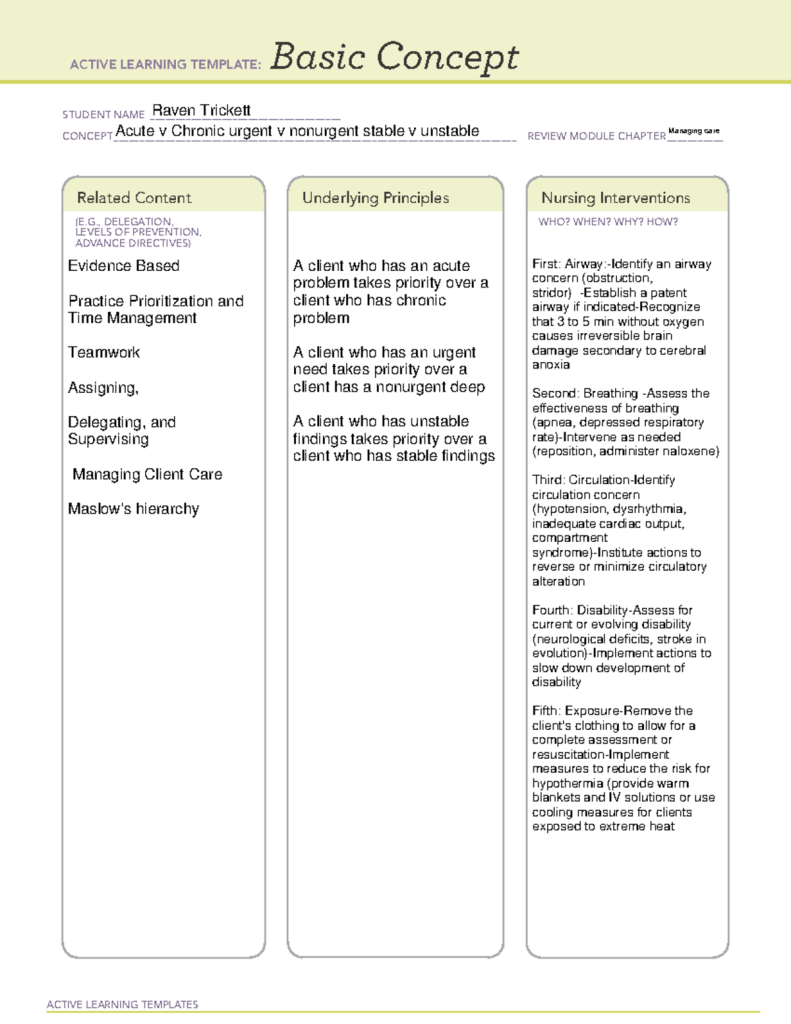

When skin care fails, it’s tempting to blame the products, but often, the real culprit lies deeper. This comprehensive guide explores the various underlying issues that can hinder your skincare journey and when seeking professional help becomes essential. We’ll delve into potential causes, from lifestyle factors and ingredients to hormonal imbalances and more. We’ll also provide actionable steps for assessing your current routine and identifying the necessary interventions to achieve healthy, radiant skin.
Identifying When Routine Fails: Recognizing the Need for Professional Help
Recognizing the Red Flags
Many people assume that if their skincare routine isn’t working, they need new products. However, the underlying issue might be deeper than a simple product mismatch. Often, persistent skin issues can stem from various factors that require a professional assessment to address. Signs that suggest a need for professional help include persistent dryness or oily skin despite adjustments to your routine, chronic breakouts, or unusual rashes or skin reactions. Failing to see improvement after a reasonable adjustment period, or noticeable changes in skin tone or texture, could also signal a need for professional intervention.
Lifestyle Factors and Their Impact
Stress and Skin
Stress, while invisible, can significantly impact your skin’s health. Chronic stress releases hormones that can contribute to inflammation and breakouts. Finding healthy coping mechanisms, such as meditation, yoga, or spending time in nature, can positively influence your skin’s resilience to these triggers. Studies have shown a strong correlation between chronic stress levels and the development or worsening of acne or other skin conditions.
Nutritional Deficiencies and Skin
Diet and Skin Health
A well-balanced diet plays a crucial role in overall health, and this includes your skin’s health. Nutritional deficiencies can manifest as dry skin, dullness, or other problematic symptoms. Ensuring you consume enough vitamins, minerals, and essential fatty acids can support the skin’s natural repair and regeneration processes. A balanced diet rich in fruits, vegetables, lean proteins, and healthy fats supports the overall well-being of your skin.
Hormonal Imbalances and Skin Conditions
Hormones and Skin
Hormonal fluctuations, particularly during puberty, pregnancy, and menopause, can lead to significant shifts in skin’s condition. Hormonal imbalances can contribute to acne, skin dryness, and uneven skin tone. Understanding your body’s hormonal cycles and how these influence your skin can lead to more informed and effective skincare strategies. Consulting a dermatologist or endocrinologist can provide guidance for managing these imbalances and addressing related skincare issues.
Underlying Medical Conditions and Skin Concerns
Diagnosing Medical Issues
Certain medical conditions can manifest through skin symptoms. Conditions such as eczema, psoriasis, and rosacea may mimic typical skincare issues. While many skincare routines can provide temporary relief, addressing the underlying medical condition is key to long-term management and prevention of skin deterioration. Consulting a dermatologist is critical for diagnosing such conditions and implementing appropriate treatment plans.
The Role of Skincare Products and Ingredients
Identifying Allergic Reactions and Sensitivities
Excessive use of harsh chemicals or unsuitable ingredients in skincare products can cause allergic reactions or sensitivities. This can result in irritation, redness, or inflammation and worsen underlying skin conditions. Careful product selection and a patch test are important to prevent or minimize such issues. Understanding the ingredients in your skincare products and how they might interact with your skin is key to optimizing your skincare routine.
Recognizing Signs of Infections and Skin Conditions
Identifying Infection
Skin infections can sometimes mimic other skincare issues. Infections, such as fungal or bacterial infections, can lead to persistent redness, scaling, and itching. Recognizing the early signs of infections, such as pus-filled lesions or sores, is crucial for seeking prompt medical attention. Prompt treatment can prevent the spread of infection and complications.
Environmental Factors and Skin
Environmental Impacts on Skin
Environmental factors such as sun exposure, pollution, and harsh weather conditions can significantly impact the skin’s health. Exposure to these factors without proper protection can lead to premature aging, dryness, and damage. Protecting your skin from environmental factors is just as important as your skincare routine.
When to Consult a Dermatologist
Seeking Professional Advice
While many skincare issues can be managed at home, certain conditions require professional medical intervention. When routine adjustments aren’t effectively resolving your skin problems, it’s crucial to seek guidance from a dermatologist. They can properly diagnose the underlying causes and recommend suitable treatments. They can also provide a personalized skincare plan to meet your specific needs and address any underlying medical conditions. A dermatologist’s expertise is valuable in differentiating between cosmetic and medical concerns regarding the skin.
In conclusion, when skin care routines fail to deliver the desired results, it’s crucial to identify the underlying issues that might necessitate professional help. This article highlighted several key factors that often contribute to skincare woes, emphasizing the importance of a thorough assessment to determine the most effective course of action. If you’re experiencing persistent skin problems that aren’t responding to your current routine, don’t hesitate to consult a dermatologist or skincare specialist. They can diagnose the root cause, recommend targeted treatments, and help you develop a personalized plan for achieving healthy, radiant skin. Book an appointment today and take the first step towards addressing your skincare concerns!